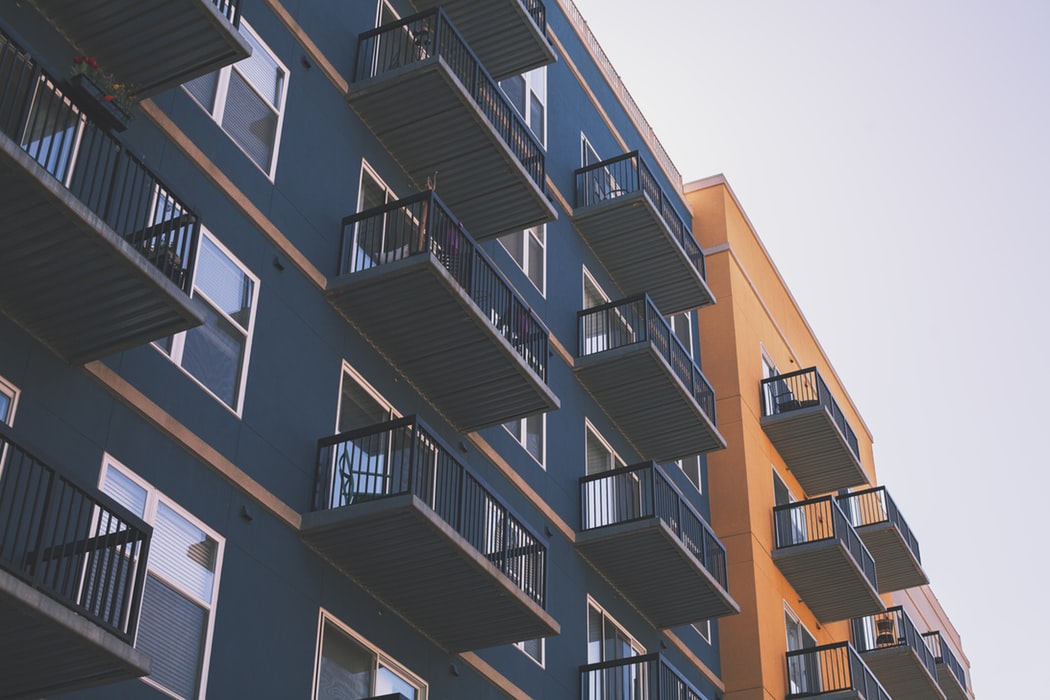On Shutdown Allowances and Paid Leave due to COVID-19
February 27, 2020
Getting divorce in Korea (1) – International Jurisdiction and Governing Law
February 5, 2021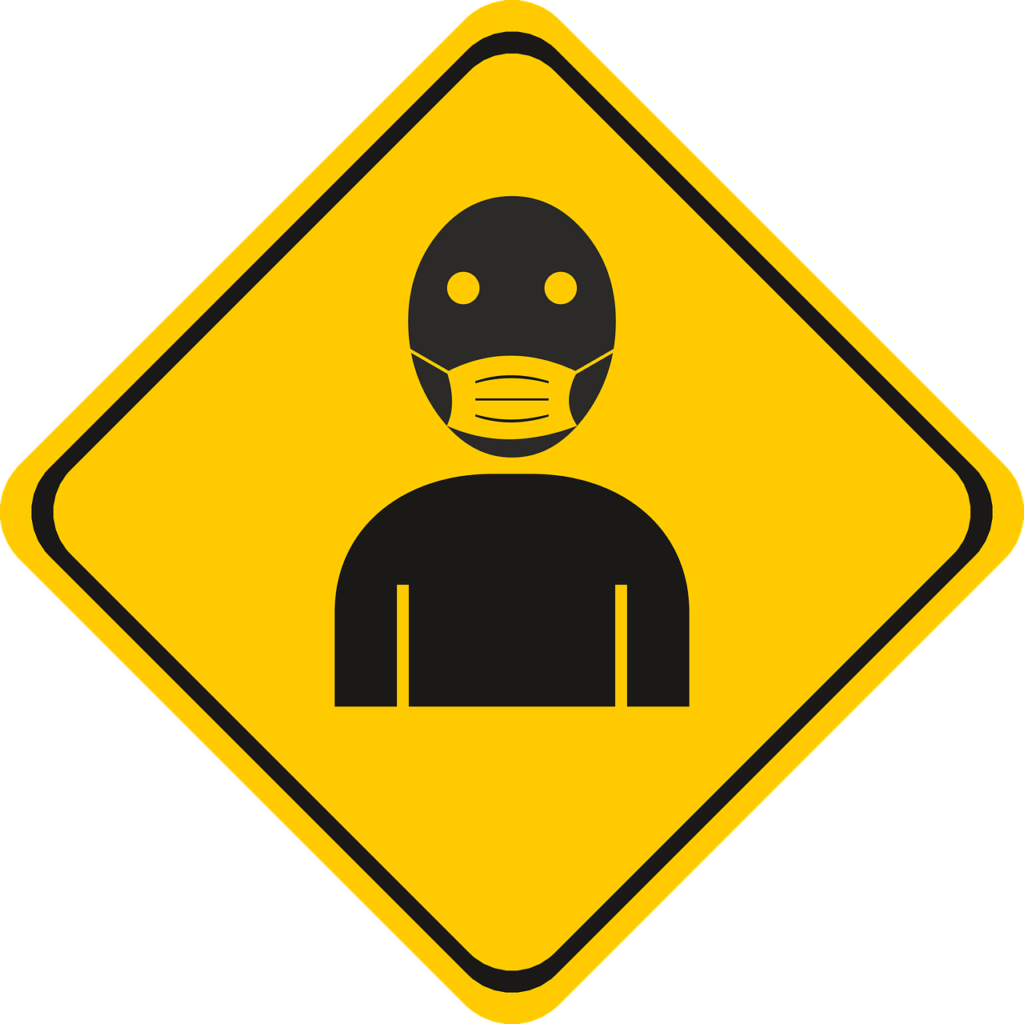
1. Should the employer grant paid leave to the employee who’s been infected with COVID-19 so must be hospitalized until fully treated?
Yes, to be exact, under the Infectious Disease Control and Prevention Act, when an employer received a government subsidy for the costs of paid leave, the employer should grant a paid leave to the employee who is hospitalized or isolated by the health authorities. Or the employee may receive living expense from the government. Please note that an employee who receives a paid leave from the company is not able to apply for living expense allowance from the government. To put it simply, cost of paid leave will be given to the employer and living expense allowance will be granted to the employee. The employee may receive one of the two but is not entitled to get both.
2. In case of a temporary shutdown due to a coronavirus case in a workplace, do other employees get paid leave too?
No, they don’t. In case a workplace is shut down by force majeure including the government’s quarantine, the employer is not obligated to pay for the shutdown allowances to the employees. Specifically, when there is a confirmed or suspected case in the workplace, the employer does not have to pay for the allowances. That is because the cause for shutdown is not attributable to the employer and it is regarded as force majeure. According to the first paragraph of Article 46 of Labor Standards Act, only when a workplace is shut down due to cause attributable to the employer, the employer should pay for concerned allowances to the employees.
3. When the employer makes decision to shut down the workplace on his or her discretion due to business issues, are employees compensated?
In that case, the employees will be compensated. However, shutdown allowance rule is not applied to every workplace. Please note that shutdown allowance rule is applicable only to the workplace in which not less than five workers are regularly employed. The calculation formula of the number of regularly employed workers is quite complicated but roughly stated, you may consider that a regularly employed worker is a full time worker. So, in case the workplace has not less than five regularly employed workers and the employer decides to shut down the workplace on his own discretion considering business related issues, then the employer should pay for shutdown allowances to the employees. The allowance should be at least 70 percent of the employee’s average wage during shut down period based on Labor Standards Act.
3. Do the same rules apply to English teachers of non-Korean nationality on E2 visa part time workers?
Yes, the same rules apply to Non-Korean nationality teachers and part time workers. As I mentioned, if the workplace in which not less than five workers are regularly employed, the employees shall be applied by shutdown allowance rules. Nationality does not matter. Korean Labor Standards Act is applied to the employees who work in Korea. Several articles of Labor Standards Act are not applied to part-time employees whose contractual work hours per week is less than 15 hours, but shutdown allowance rules apply to part time workers, too.
4. Please explain suspension allowance.
When the employer makes a decision to shutdown the workplace due to business issues and the workplace has not less than five regularly employed workers, the employees are entitled to reeceive allowance at least 70 percent of their average wage during shut down period. However, in case the employer is not able to continue to run the business due to unavoidable reasons and gains approval from Labor Relations Commission, the employer may pay the employees the shutdown allowances lower than 70% of their wages.
5. What legal remedies can an employer take if the employer does not grant paid leave or allowances that should be given under the Korean law?
If the employer does not grant paid leave or pay shutdown allowance to the employee who is entitled to receive, the employee may file a petition with a labor office in the area where the workplace is located. Not paying for the allowance or granting paid leave is regarded as delayed payment of wages. When a petition is filed, an investigator of the labor office will investigate the case and order the employer to pay for the allowances. The employer will be penalized if settlement is not made with the employee. If the employer refuses to pay for the allowances even after being ordered to do so, the employee may file for civil suit to claim the unpaid allowances against the employer.
6. What if an employee signed on agreement on unpaid leave?
Employees should not sign on the agreement of unpaid leave if they are entitled to receive shutdown allowances and want them. Once an agreement signed, it is almost impossible to legally cancel the agreement.
7. Any advice to employers?
Employers need to check out the government support policies. Due to Coronavirus, employers have many troubles in running business. Now that government is carrying out various support policies for employers, please do not forget to follow the updated news on support policies released by Ministry of Employment and Labor, National Pension Service and other related governmental organizations.
For further inquiries, please contact me at [email protected]
I hope all the employers and employees will stay safe and overcome the difficulties.
@All rights reserved
Related posts
Blog Articles
Contact Information
201, 160, Seochojungang-ro, Seocho-gu, Seoul, Republic of korea.
Phone: +82-2-535-1235
Mobile: 010 5349 1235
Fax: +82-2-536-1236
Email: [email protected]

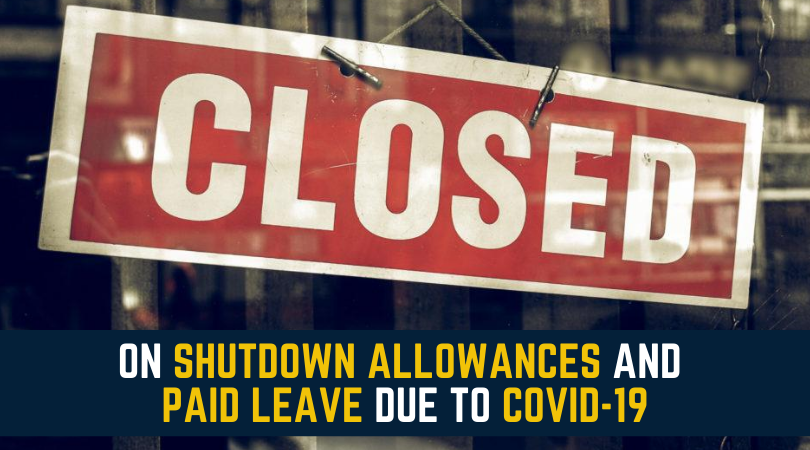
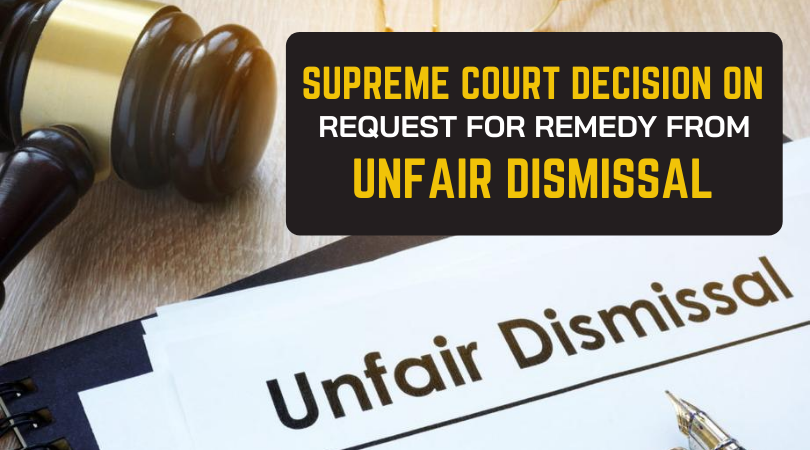
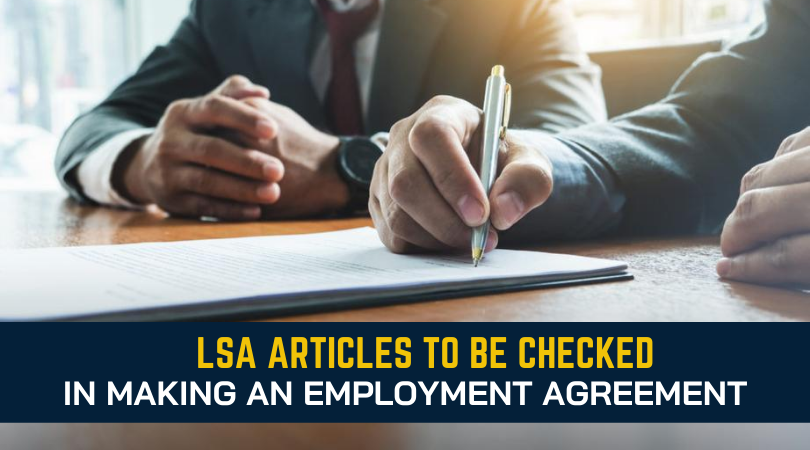

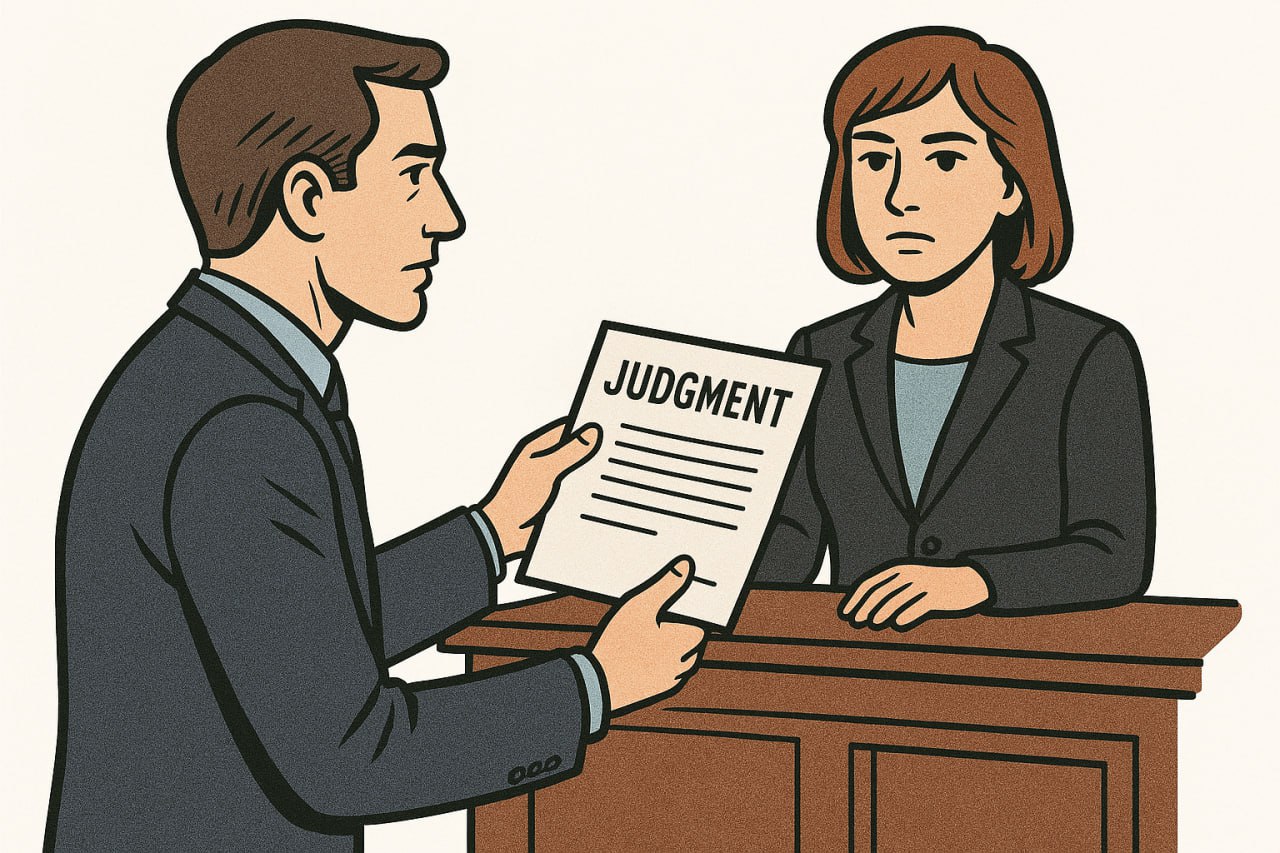












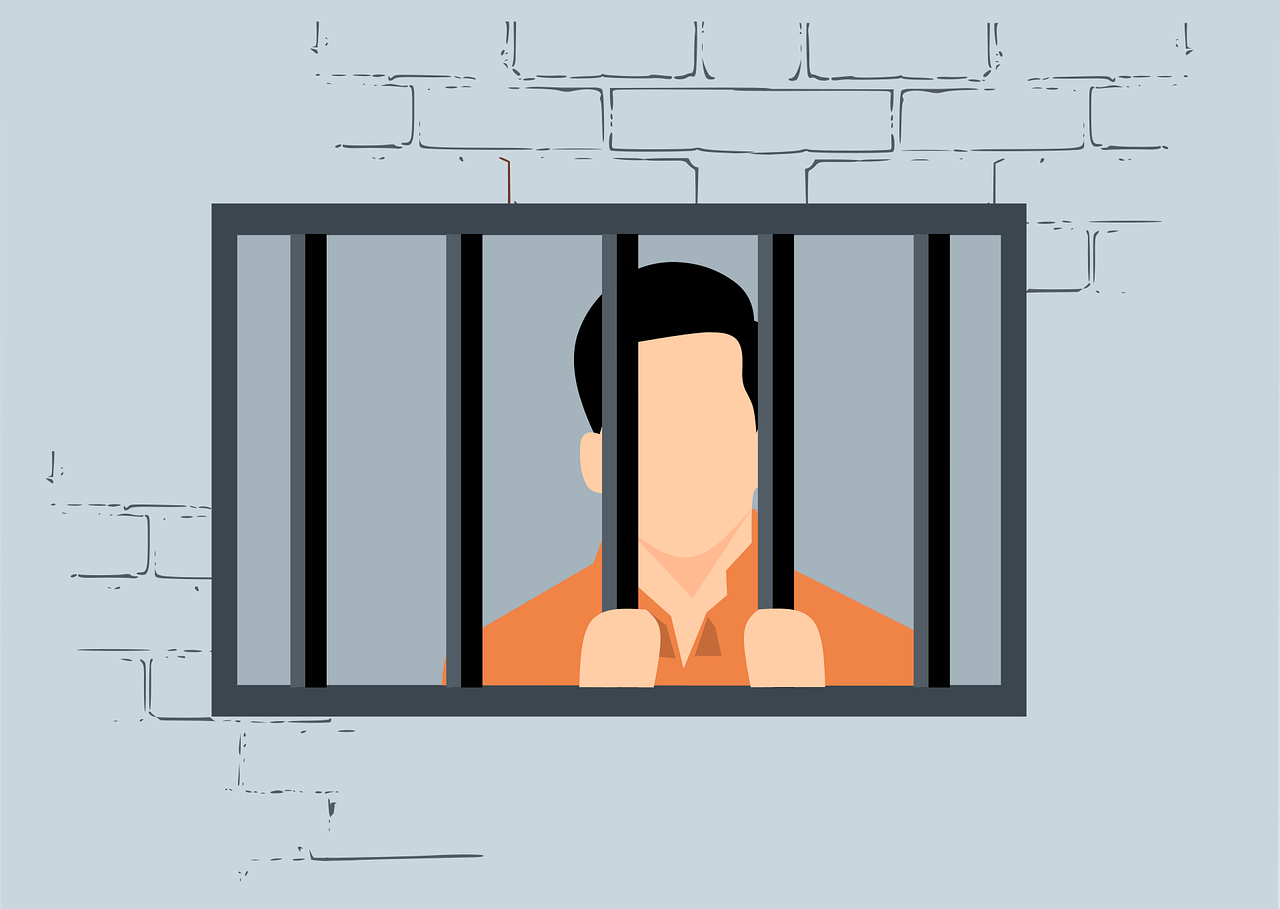







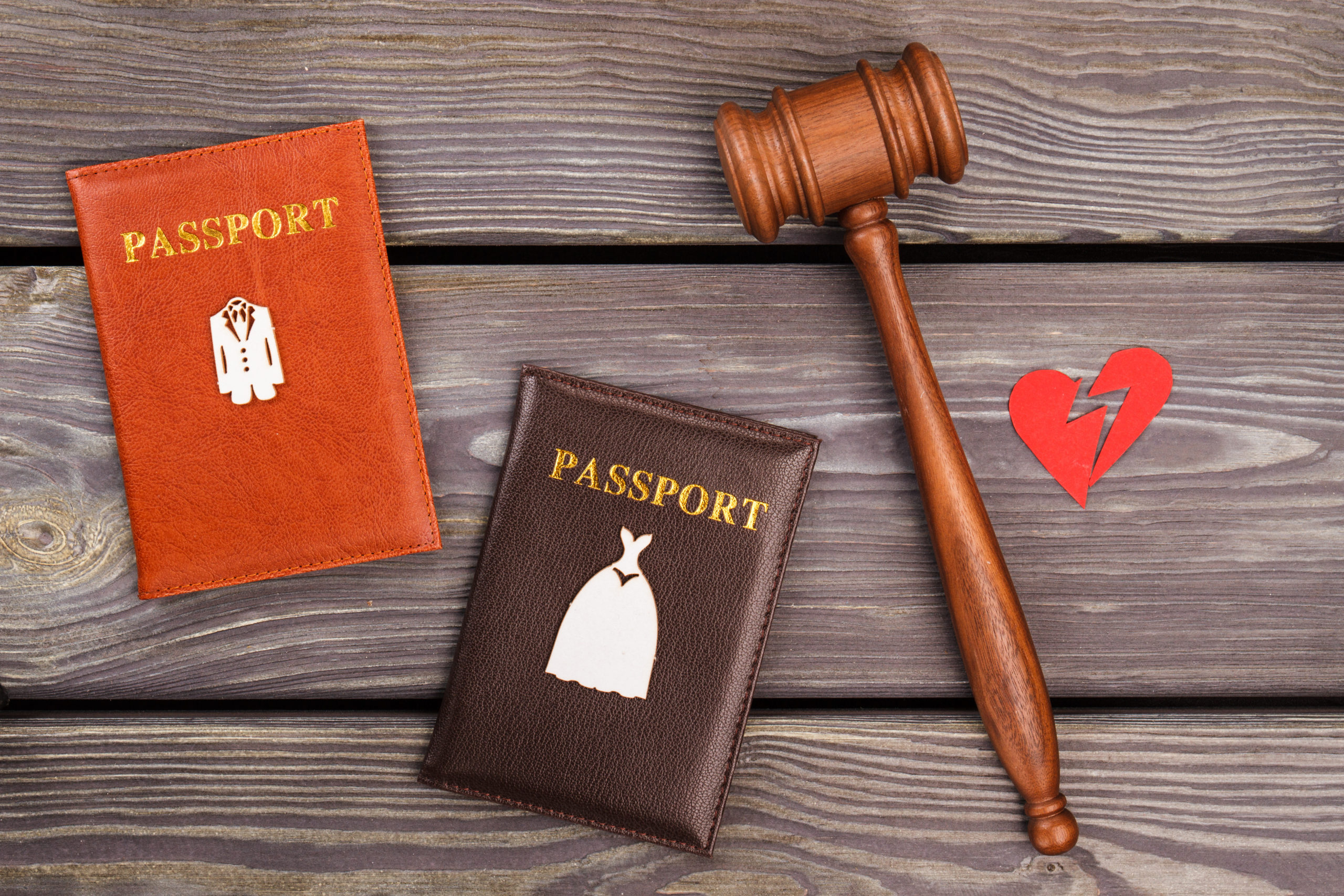
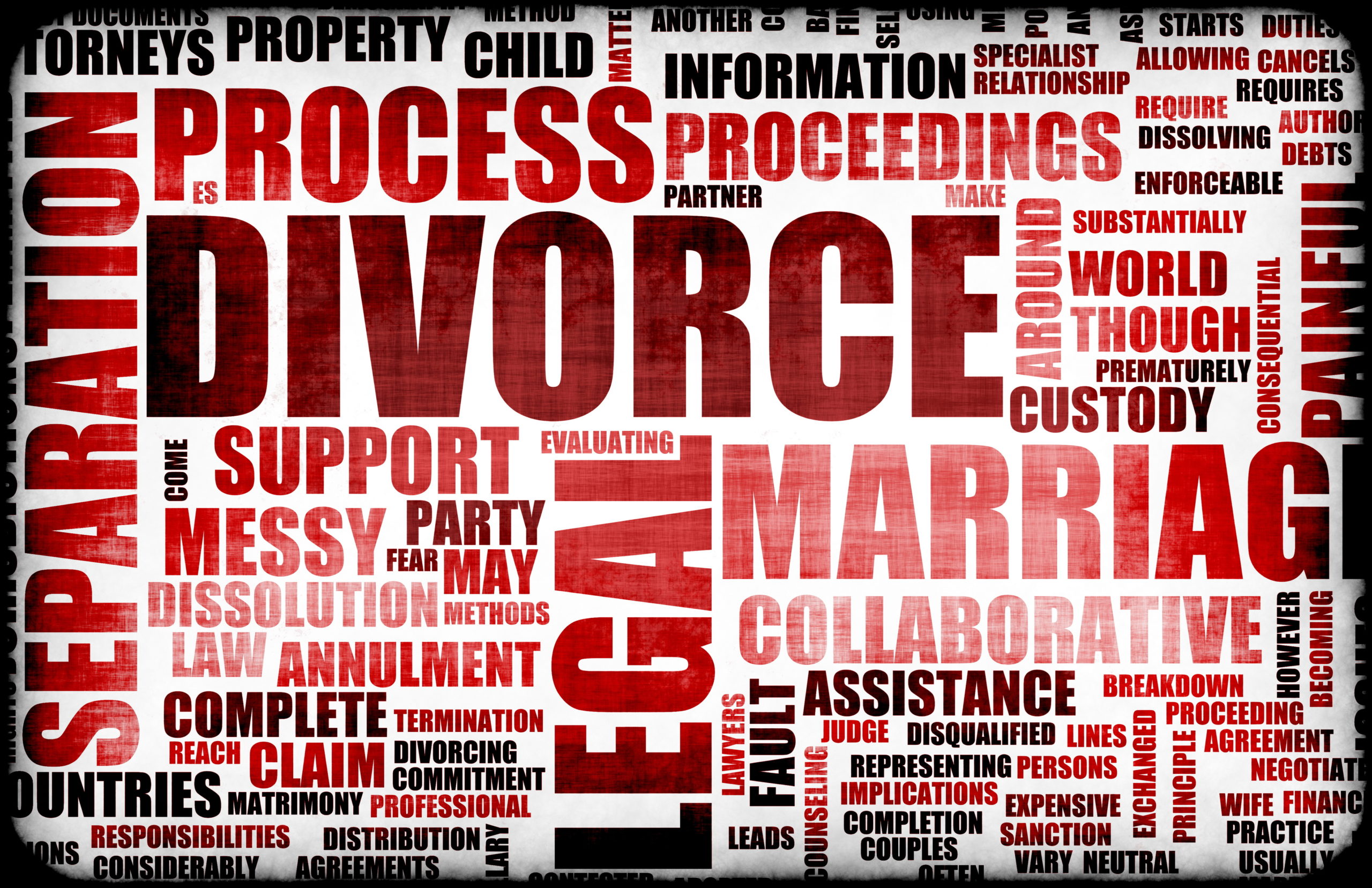




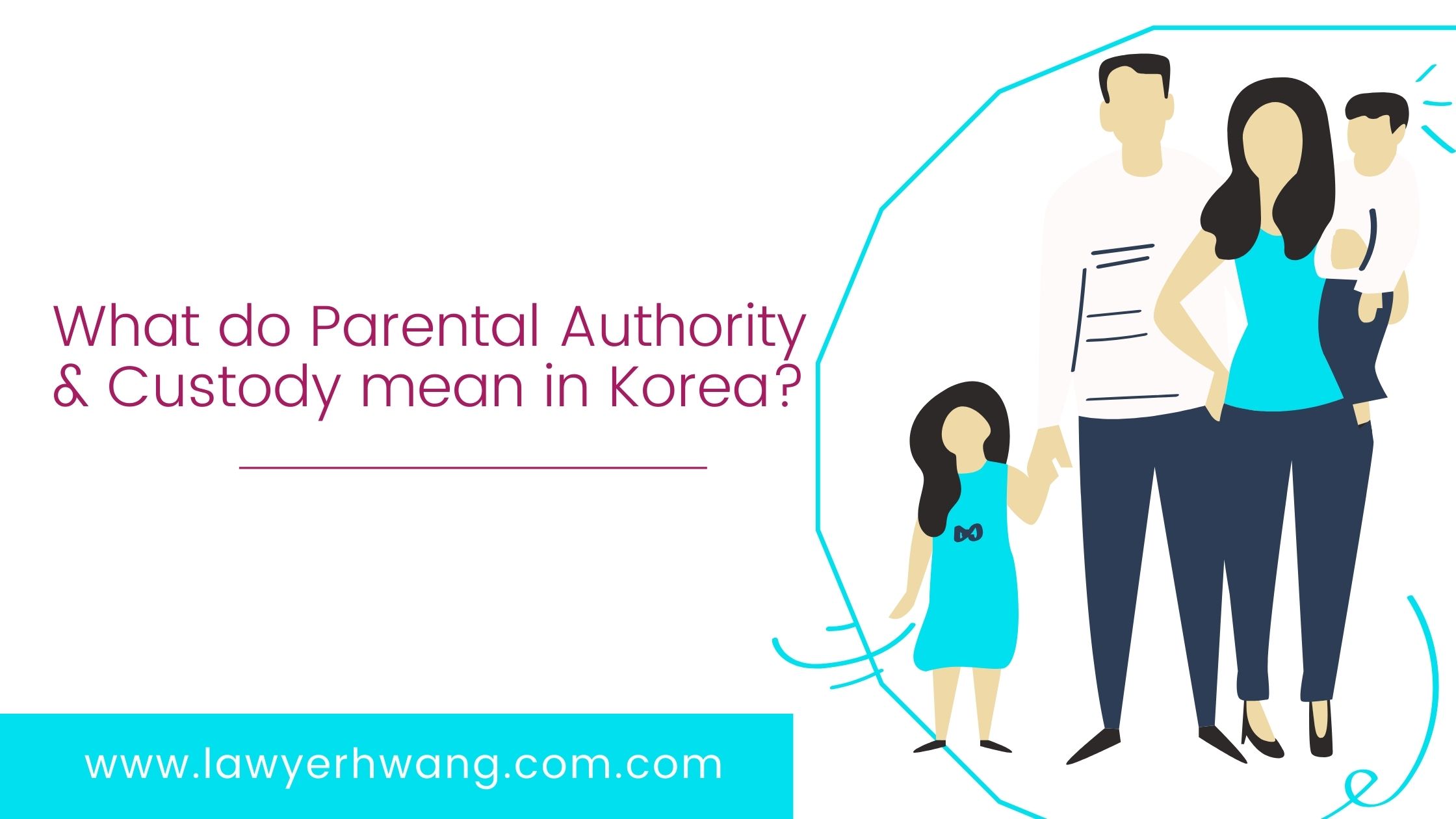

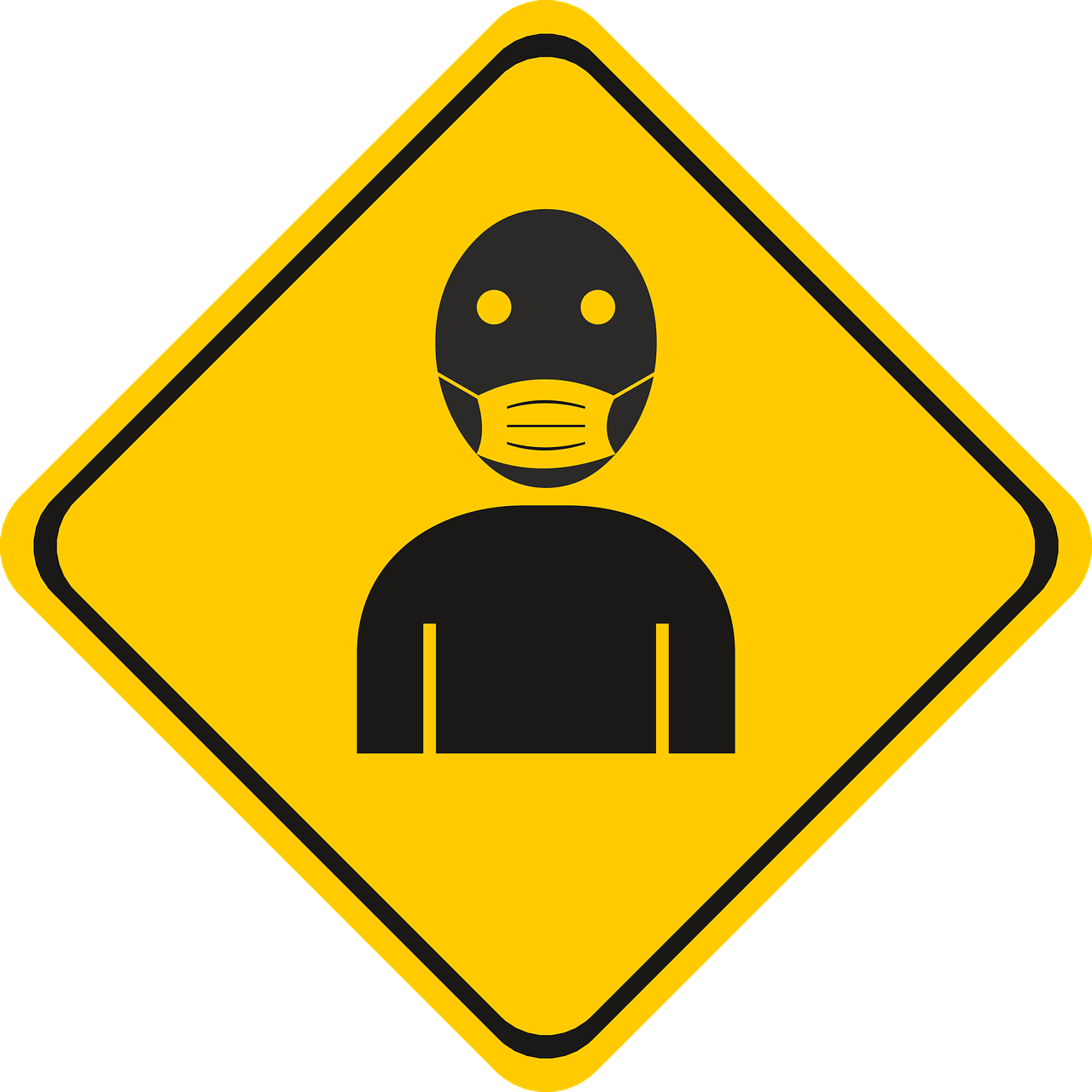
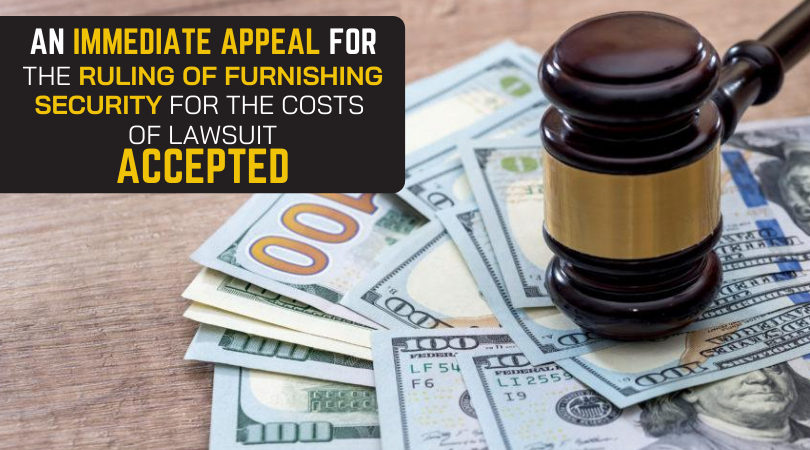
![[Supreme Court Decision – Criminal Law] – On Intent of Defamation](https://lawyerhwang.com/wp-content/uploads/2020/03/Supreme-Court-Decision-–-Criminal-Law-–-On-Intent-of-Defamation.png)
![[Supreme Court Decision – Criminal Law] – On Uploading a “Torrent File” of Obscene Videos](https://lawyerhwang.com/wp-content/uploads/2020/03/Supreme-Court-Decision-–-Criminal-Law-On-Uploading-a-“Torrent-File”-of-Obscene-Videos.png)






























